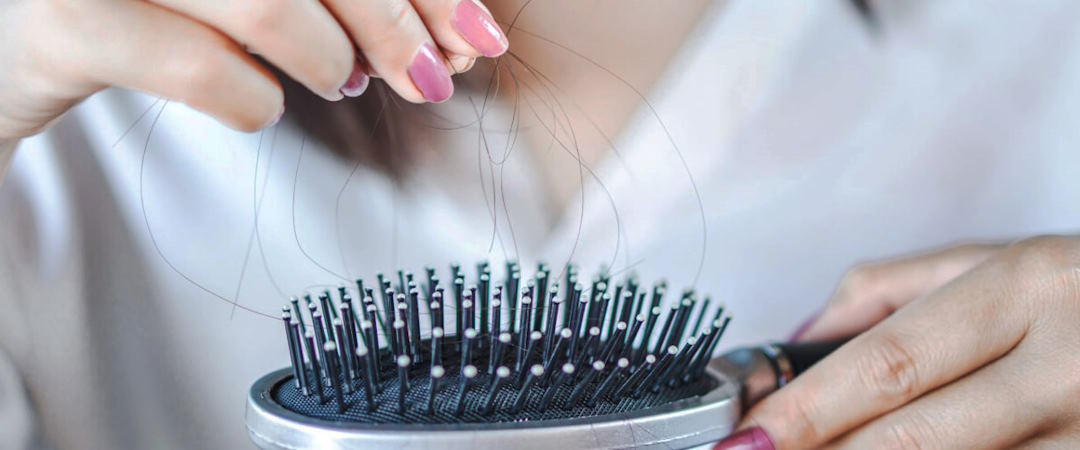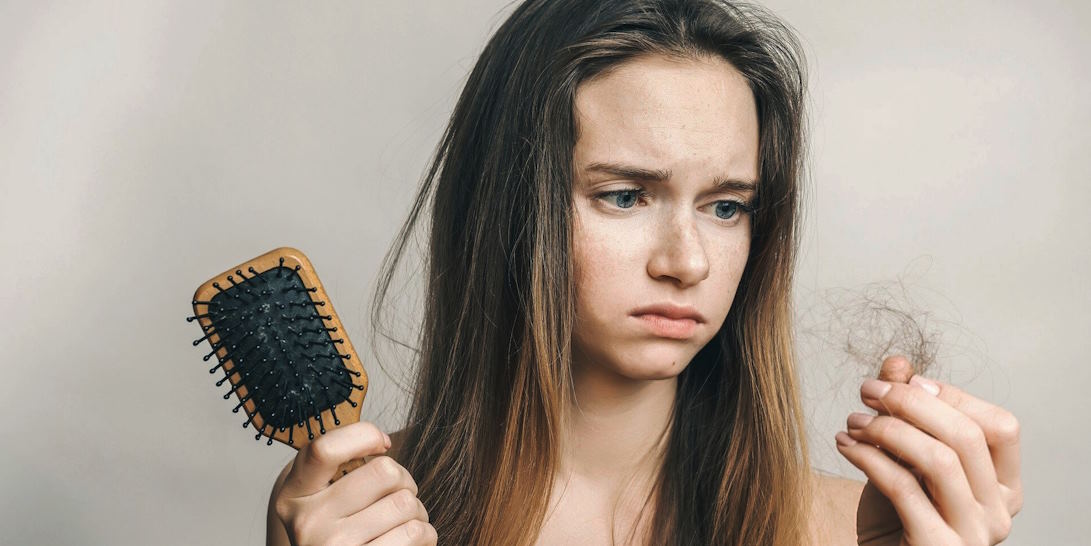Here, we speak about a widespread concern affecting millions worldwide, transcending age, gender, and ethnicity. Whether it’s thinning hair, receding hairlines, or bald patches, the influence of hair loss extends beyond physical appearance, often taking a toll on self-esteem and emotional well-being.
What are the widespread causes?
Hair loss is a multifaceted issue influenced by a myriad of factors, both internal and external. Genetic predispositions, hormonal imbalances, medical conditions, lifestyle choices, environmental pollutants, and psychological stressors all converge to contribute to this common concern.
While some individuals may find themselves grappling with hair loss due to hereditary factors passed down through generations, others may experience it as a result of hormonal fluctuations, such as those occurring during pregnancy or menopause.
Besides, medical conditions like alopecia areata, thyroid disorders, and autoimmune diseases can also trigger hair loss by disrupting the natural hair growth cycle.
Don’t forget about lifestyle choices, including poor nutrition, excessive styling or chemical treatments, and tight hairstyles that can weaken the hair shaft and make it prone to breakage.
Furthermore, environmental factors such as exposure to pollutants, UV radiation, and harsh weather conditions can further exacerbate hair loss by damaging the hair follicles.
Moreover, psychological stressors like anxiety, depression, and emotional trauma can disrupt the delicate balance of hormones in the body, leading to hair shedding.

How to solve the problem of hair loss?
If you’re experiencing significant hair loss, seeking guidance from a dermatologist or trichologist is essential. They can assess your condition, identify any underlying medical issues, and recommend appropriate treatment options.
Of course, maintaining a balanced diet rich in vitamins, minerals, and protein supports overall hair health.
Try to avoid excessive heat styling, harsh chemical treatments, and tight hairstyles that can weaken the hair shaft and contribute to breakage. Be gentle when brushing and detangling your hair to prevent unnecessary follicle stress.
Consider topical treatments to stimulate hair growth. Over-the-counter minoxidil and prescription medications like finasteride can help stimulate hair growth and prevent further loss. Additionally, topical treatments containing ingredients like saw palmetto, caffeine, or essential oils may benefit some individuals.

